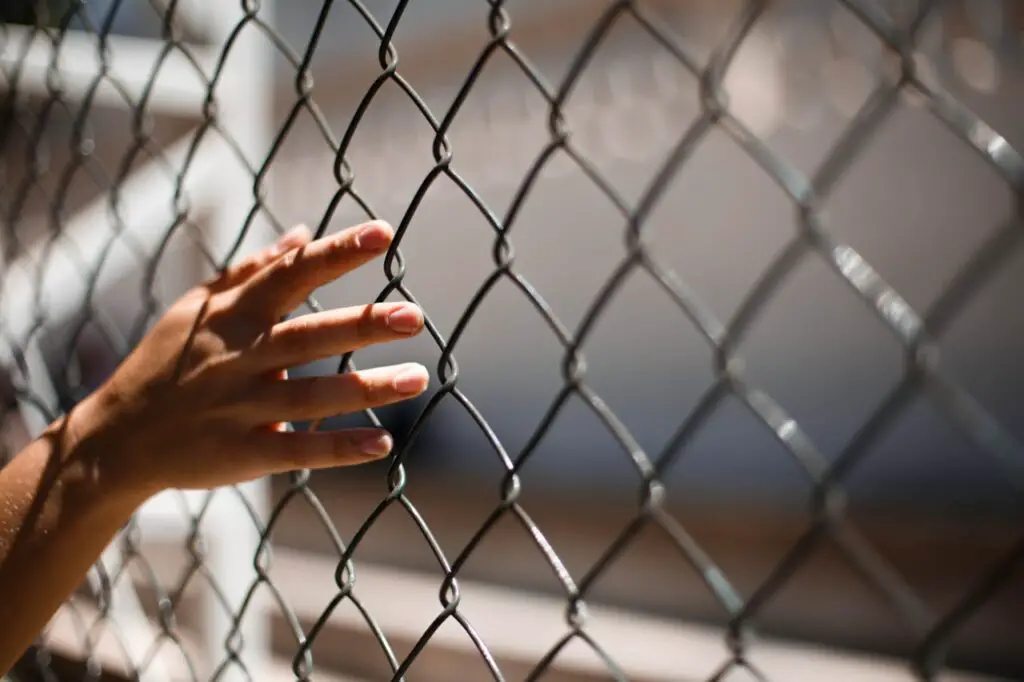The Utah Senate passed a bill on Tuesday aimed at providing postsecondary academic opportunities to the state’s incarcerated youth. The proposed legislation has been forwarded to Governor Spencer Cox for his signature.
Sponsored by Rep. Lowry Snow, House Bill 279 (HB279) proposes establishment of the Dixie State University Higher Education for Incarcerated Youth Program to equip out-of-school youth in custody with the resources necessary for higher education.
Through this bill, young detainees may opt to enroll in a number of degrees or technical certificates while earning their high school diplomas, which Utah Division of Juvenile Justice Services Director Brett M. Peterson said will benefit participants well into the future.
“Incarcerated youth are almost always part of two groups. Those who are trapped in the cycle of intergenerational poverty, and those who’ve suffered some kind of trauma. This bill is meant to really strike at the heart of intergenerational poverty,” Peterson shared.
The Higher Education for Incarcerated Youth Program would be an avenue for students in need of high school credits to gain opportunities “for concurrent enrollment courses,” a “consistent two-year flexible schedule of higher education courses delivered through interactive video conferencing,” and “a pathway for students to earn college credits.”
Antidote to Recidivism
The Utah Division of Juvenile Justice Services released a report last month that showed a 46 percent reduction in statewide youth detention and a 19 percent increase in early intervention. It also showed that $9 million was reinvested in front-end services and Snow hoped to channel those funds into “services for families and children.”
“Education is the antidote to recidivism. We’ve got to invest in education outreach. This way, they [incarcerated youth] can prepare for their release and get jobs for themselves,” Snow said.
“The reason I’m passionate about juvenile justice reform is that I’m trying to get to the headwater. When we help these young people now, we’re doing everybody a favor in the future,” he continued.

